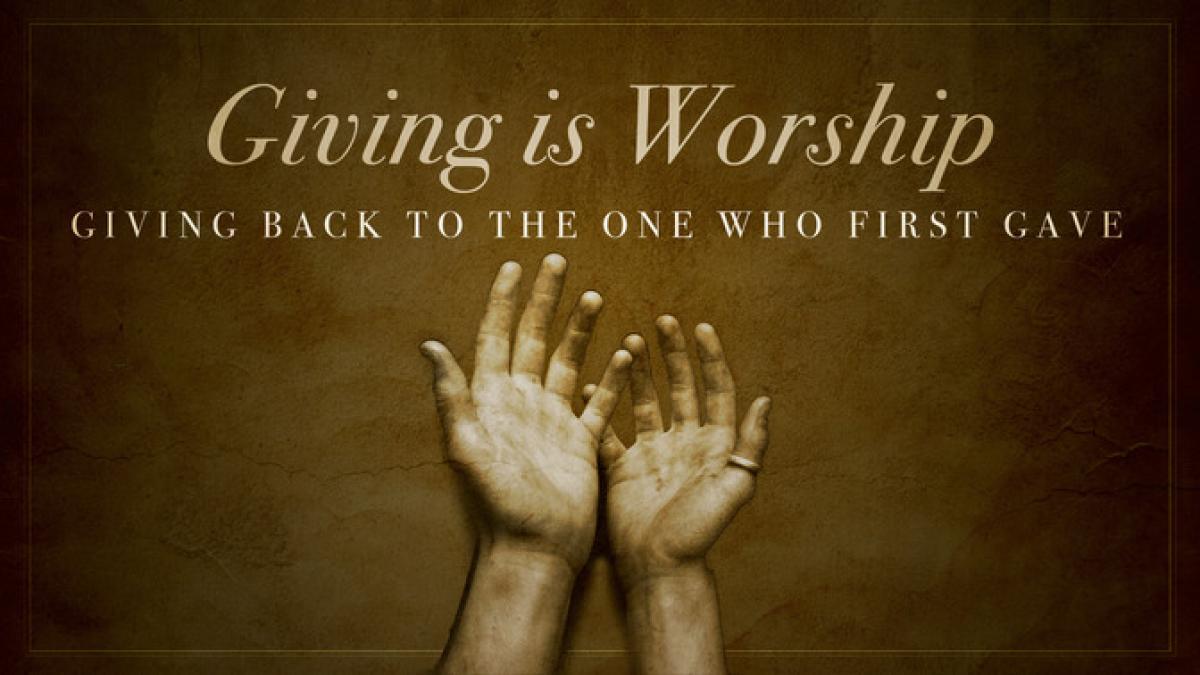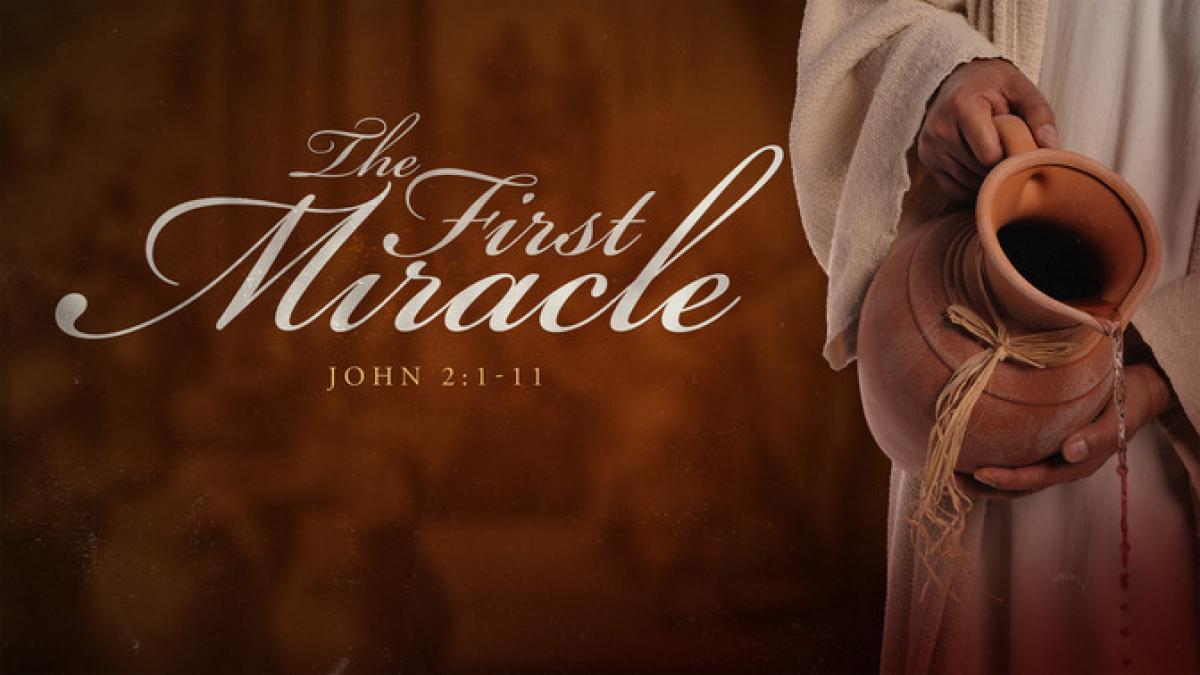Welcome To All Saints
Whether you are visiting, new to the community, or searching for a church home, you will find All Saints to be an engaging congregation that loves to worship God in the Anglican tradition. We invite you to join us as we meet with our Lord Jesus in Word, Sacrament, and transcendent Worship. (Our rector, Father Isaac Rehberg)
The Anglican Way
Ancient Faith
We hold to the same faith, practice, and doctrine that nourished the earliest Christians.
Transcendent Worship
We worship according to the ancient rhythms and liturgical patterns of the historic Church.
Classical Formation
We form disciples holistically in community through practice of timeless spiritual disciplines.
Join Us As We Worship Our King
Worship Schedule
11122 Link, San Antonio, TX 78213
Sunday:
Holy Communion | 9:00 AM
Catechesis Of The Good Shepherd (Kids) | 9:00 AM
Catechesis (Adults) | 10:30 AM
Holy Communion (Choral) | 11:15 AM
Wednesday:
Catechesis Of The Good Shepherd (Kids) | 9:15 AM
Matins (Morning Prayer) | 9:30 AM
Evensong (Evening Prayer) | 6:00 PM

Atrium Check-In
Connect

Request prayer, provide feedback, or decide on next-steps
From our Podcast

The Lord will Come Suddenly to His Temple: A Homily for Candlemas
Preached 02/02/2025
From our YouTube Channel
The Didache: Week 1 (Introduction and Chapter 1)
Christian Education 01/26/2025
Donate To All Saints

Thank you for your generosity!
Add Your Family To Our Church

Add yourself or your family members here so that they are part of our ChMS (Church Management System - a database of our records).
Our Current Study

The Didache: Teaching of the Disciples
From our Podcast

Extravagent Wine, Extravagent Grace: A Homily for the 3rd Sunday After Trinity
Preached 01/26/2025
Find
Connect
11122 Link
San Antonio, TX 78213
210-975-3234
Explore
Copyright © 2025 | Powered by  churchtrac
churchtrac

